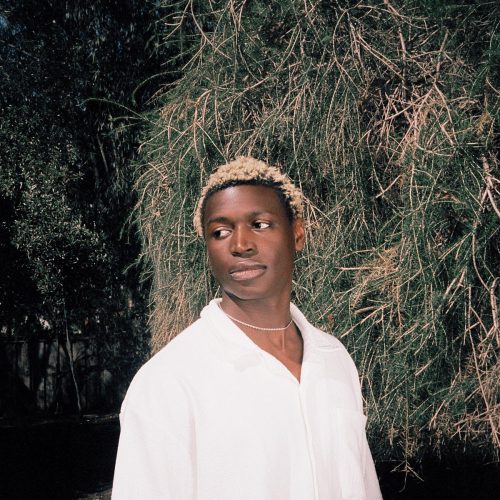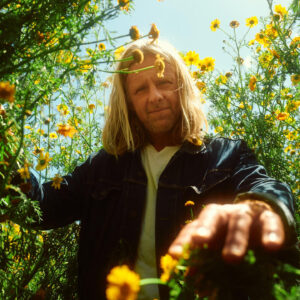Our truest moments – the ones that are pure, unadulterated living – are those that engage all the senses. If I ask you to recall a barefoot walk through mown grass, chances are your memory can bring you back to one with ease, right down among the details. You know where you were, and how old, and who you were with, and what color shirt they were wearing.
Now imagine the last time you did your taxes. Sure, you know you did them. If you didn’t, you’d be in jail by now. But that’s just about all you can say about the occasion. You remember a computer screen and a general frustration, but what were the smells and sounds in the room? What color was your shirt? Were you even wearing one?
To bring the point to a boil: a real, full life is a sensed life. And if art has anything to do with life, then the best art has everything to do with awakening our senses. The best seascapes are the ones that help us smell the salt, hear the waves, feel the water. The best movies don’t just show us a series of events; they enrapture us until we forget they’re mere pixels on a screen.
And the best songs don’t just sound nice; they invite us into a world full of sights and feelings, all begging to be sensed.
Among such songs is Mon Rovîa’s latest offering, “City On A Hill.”
Consider the first verse.
“Cried yourself to sleep, I know
Lonely under these sheets
You’ve tried to make yourself seen
Through a field of green
But it’s overgrown“
And then,
“You look back at the footprints on the path
Where does that leave you?”
The imagery is as lush as the arrangement. A lonely guitar pulses as Mon Rovîa sings. His voice is smooth and clear, and a generous helping of room noise ensures that you’re right there with him from the start. He’s singing to you, so close you can feel his breath. Then the chorus comes, and the light pours in, and the scenery widens.
“Can you be still?
There’s a void only silence can fill
Where you are is all that’s real
When you’re there, remember how it feels
Oh, alone in your city on a hill“
The language is simple, the melody climbing. Each line tenses up, then breathes deep. And by the end of it, you’re alone, looking out on the full landscape, bursting with color. New shapes crop up with the music. Where did that piano come from? Who’s playing the kick drum, so soft as if it’s made of paper? Minimal elements ebb, then flow, then ebb again.
A final chorus is heralded by another guitar, strummed this time instead of picked. The tension builds to a fever, but the air is so bright and clear that you don’t mind. And then, all at once, the wave breaks, the last note fades, and the song is over. And you realize it was just a song, not a world.
But for those two minutes and fifty seconds, it sure felt like a world.







